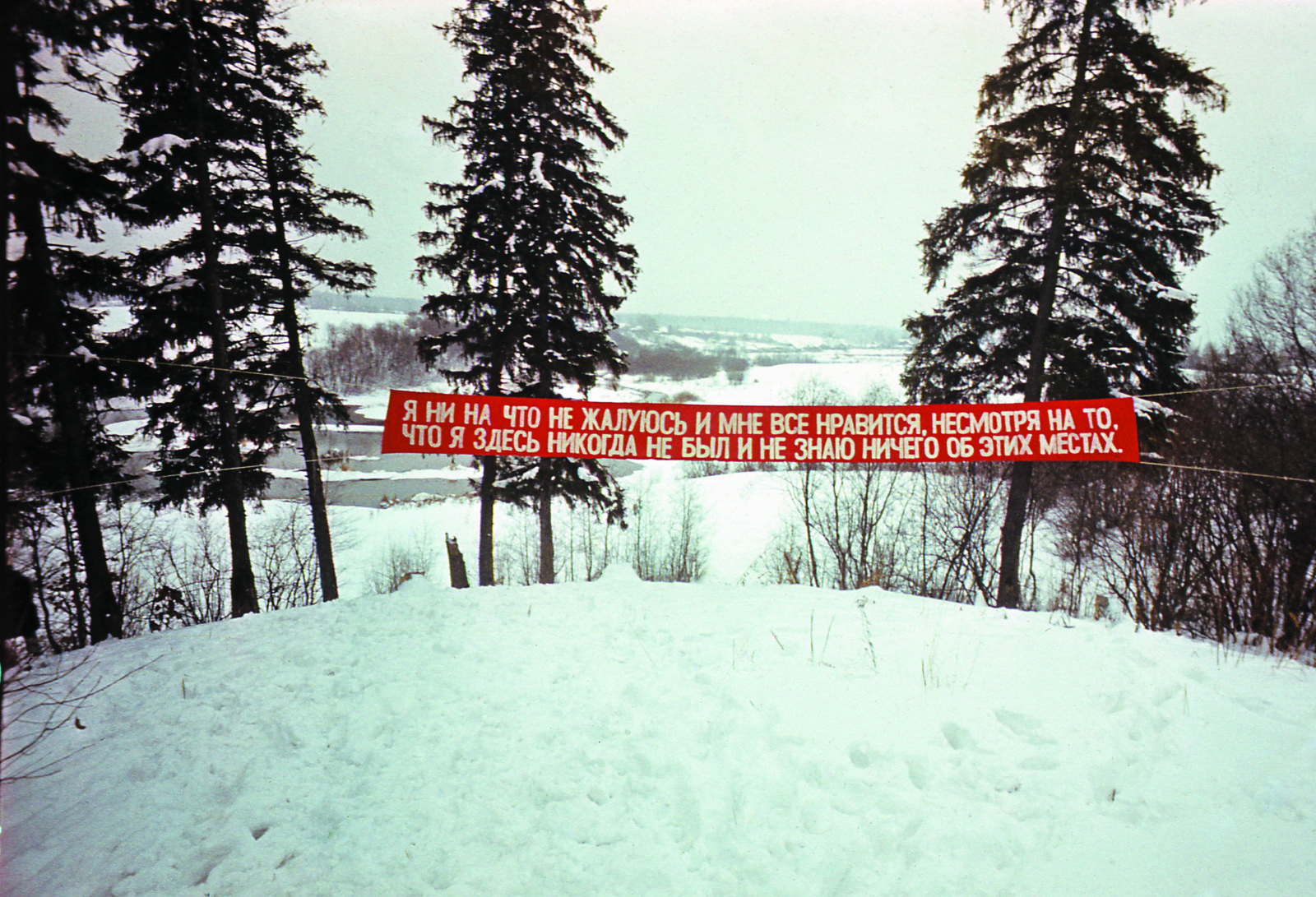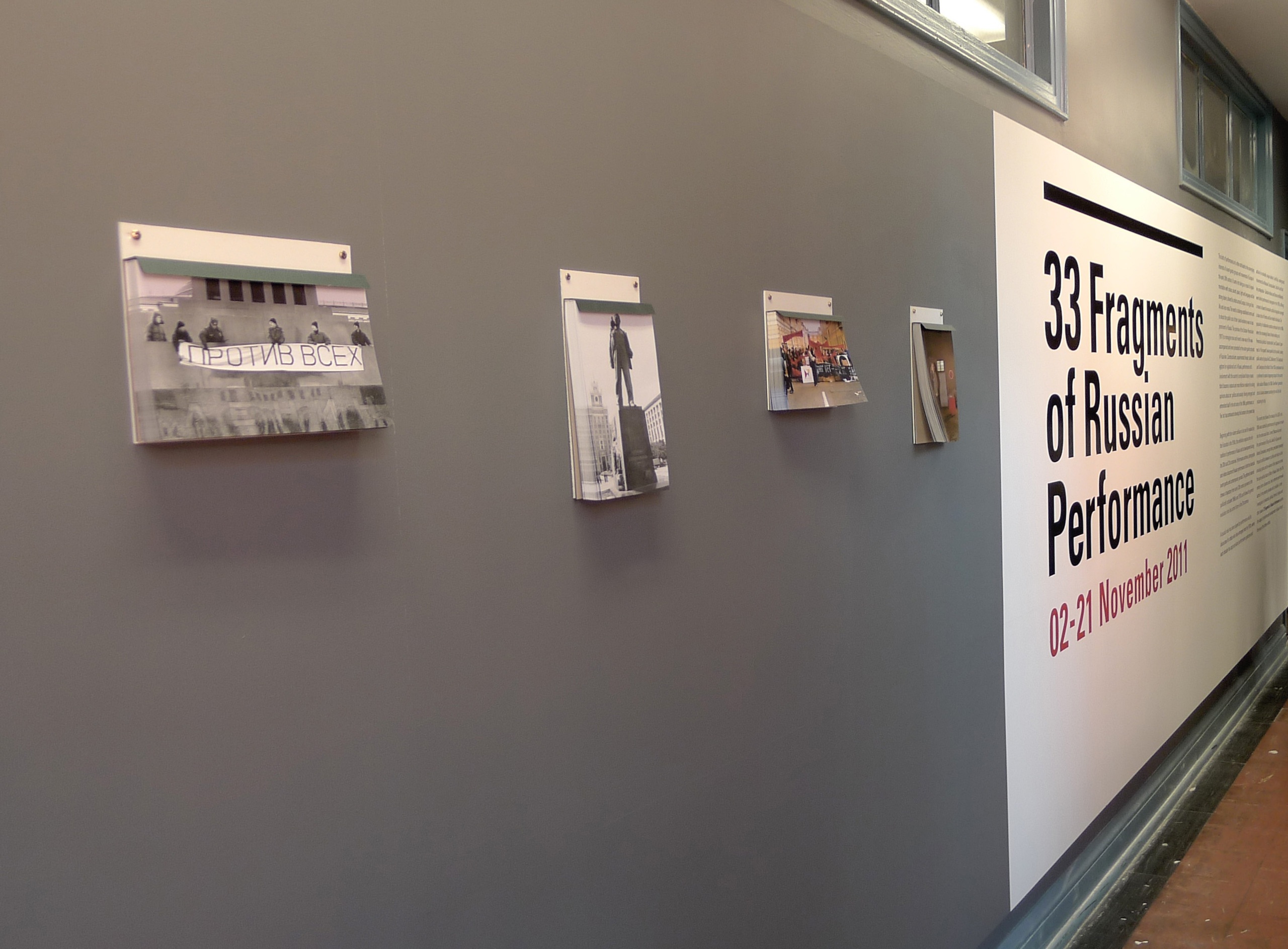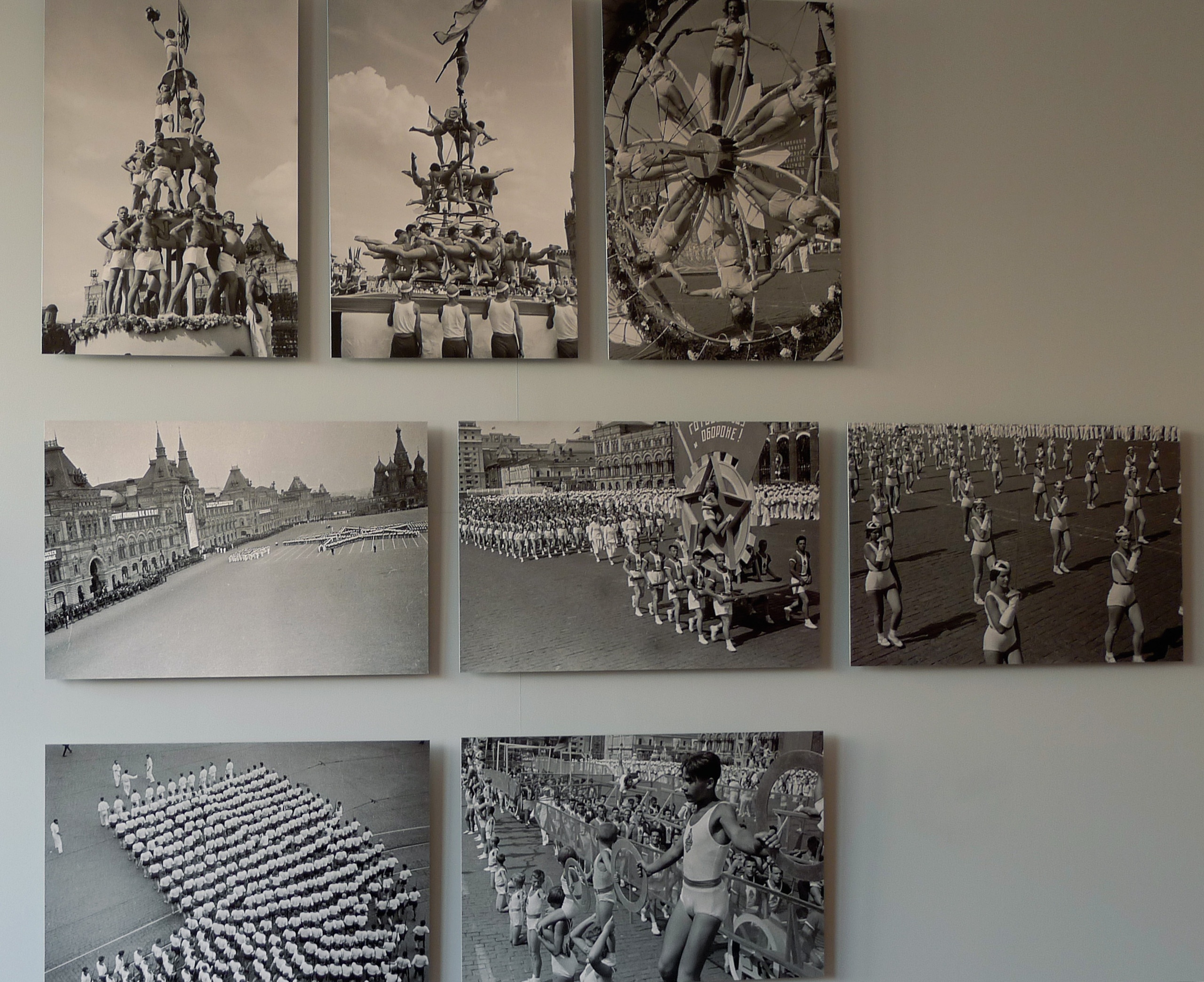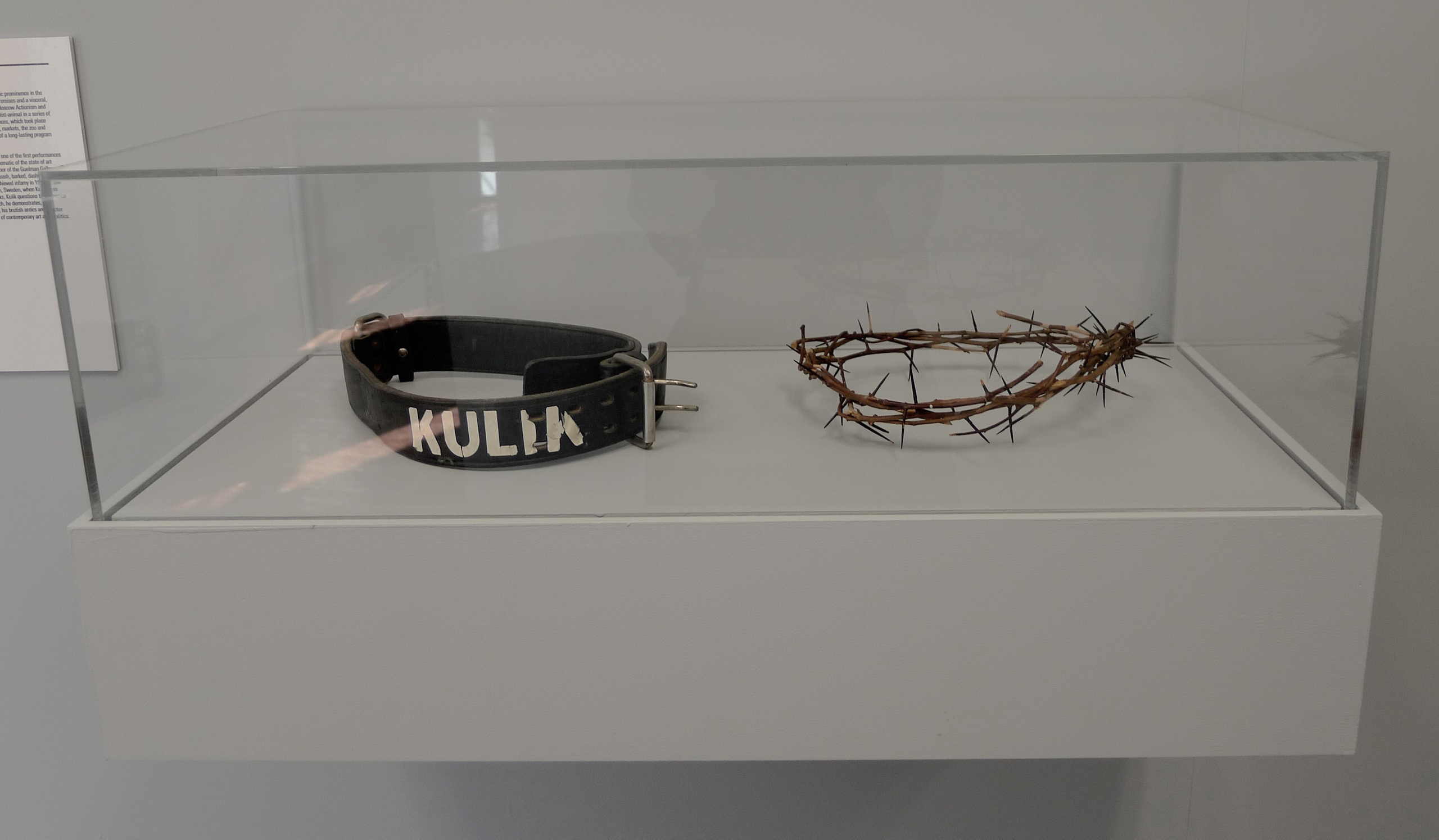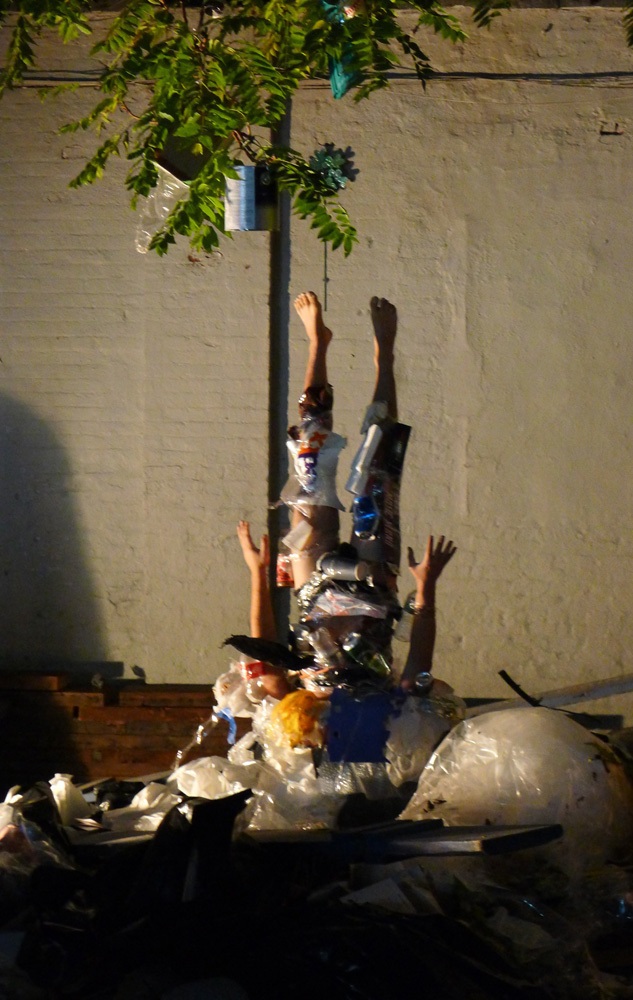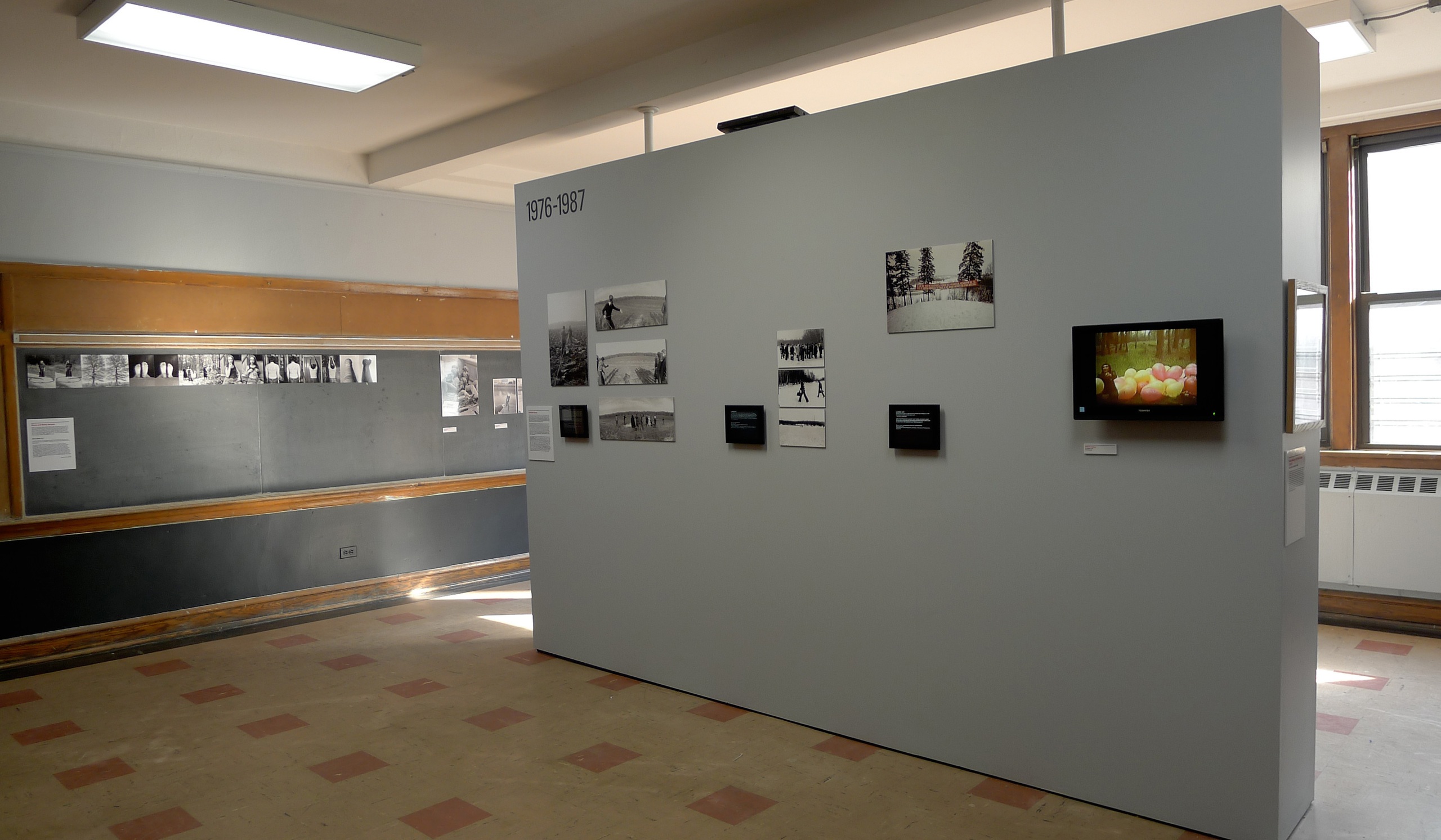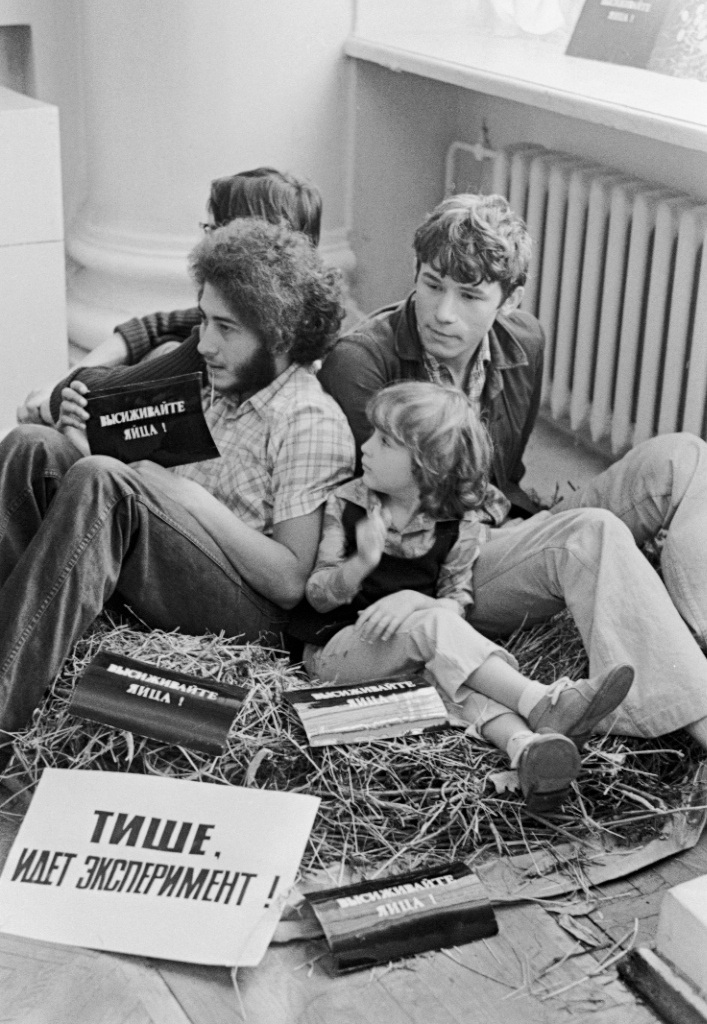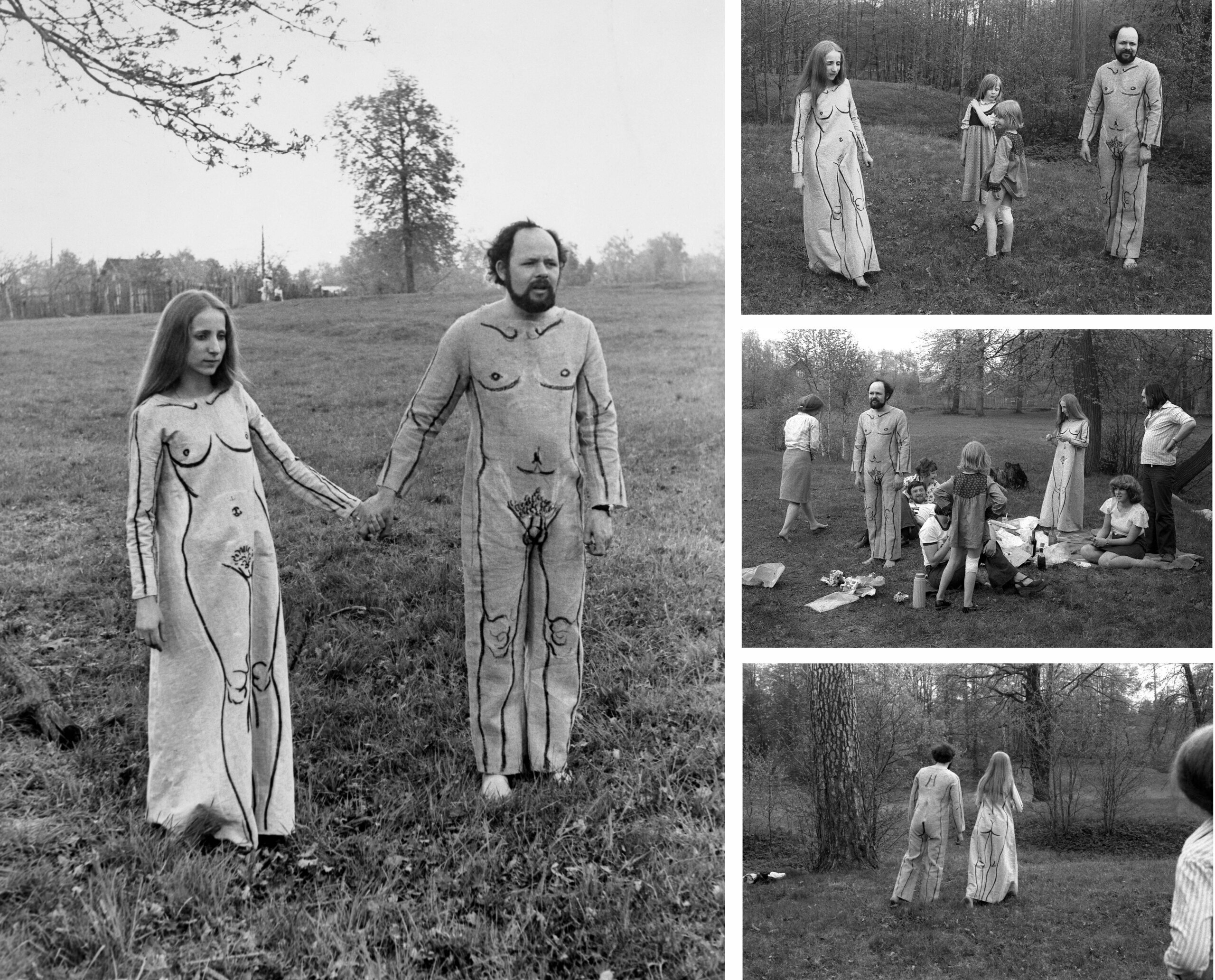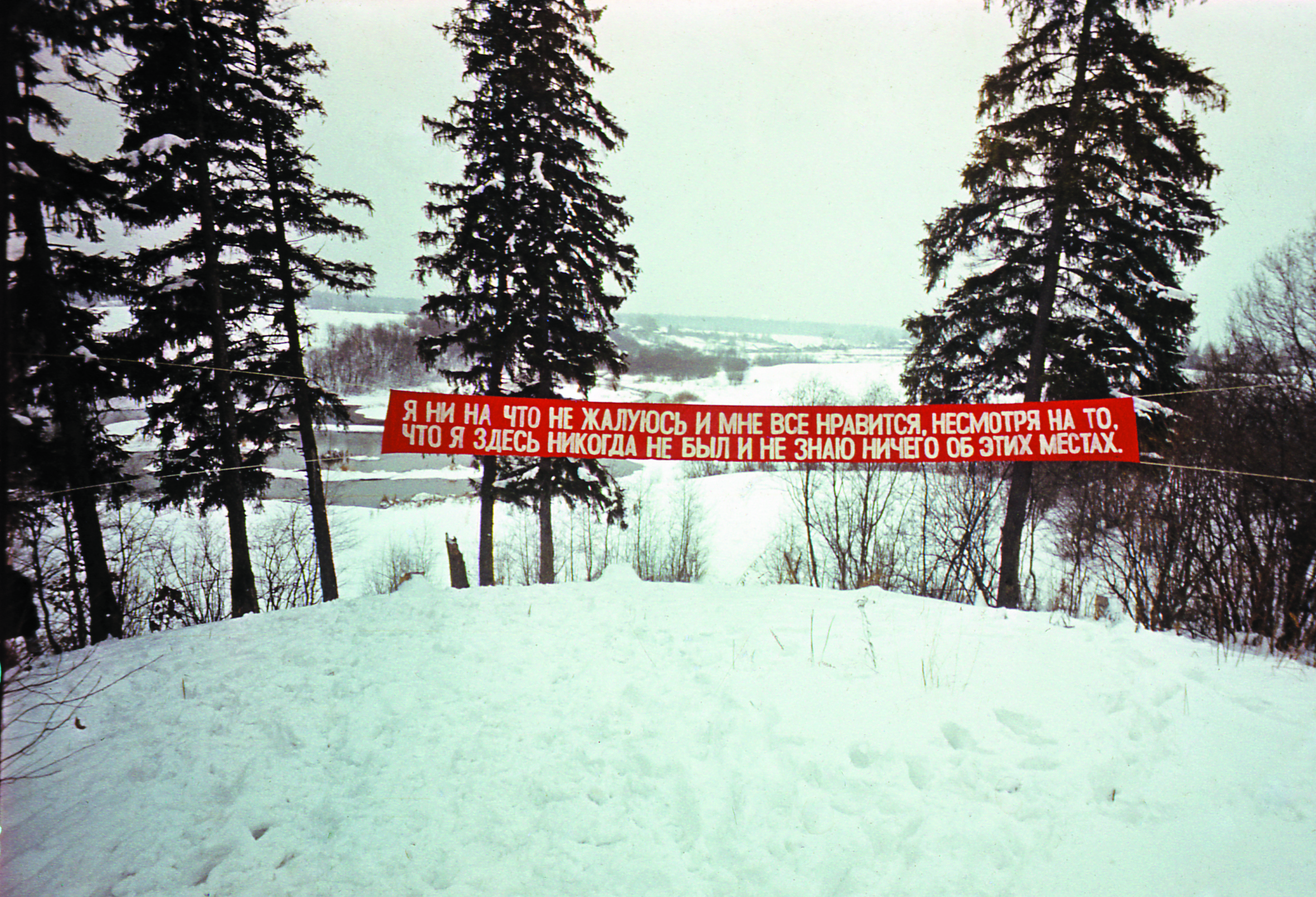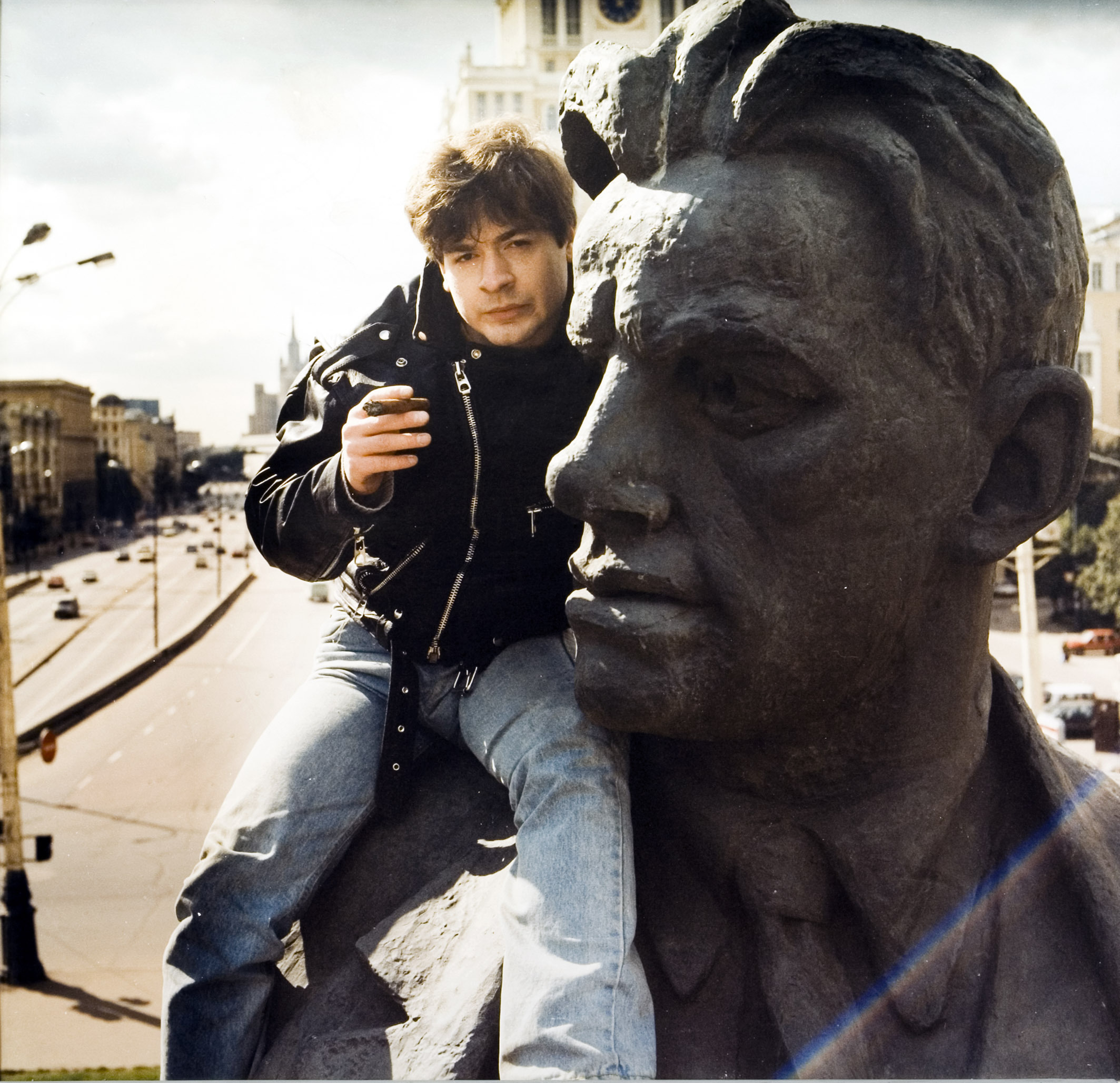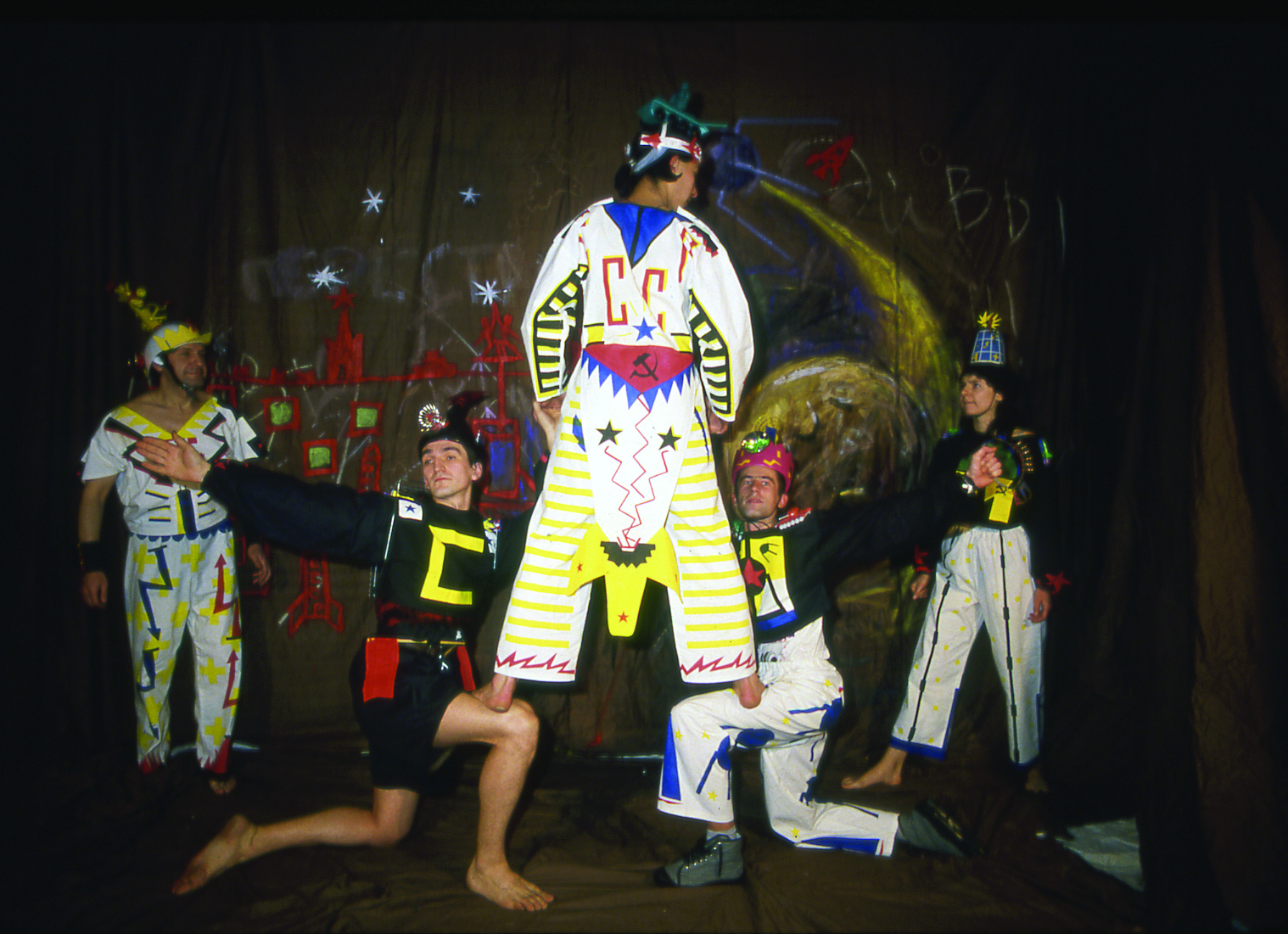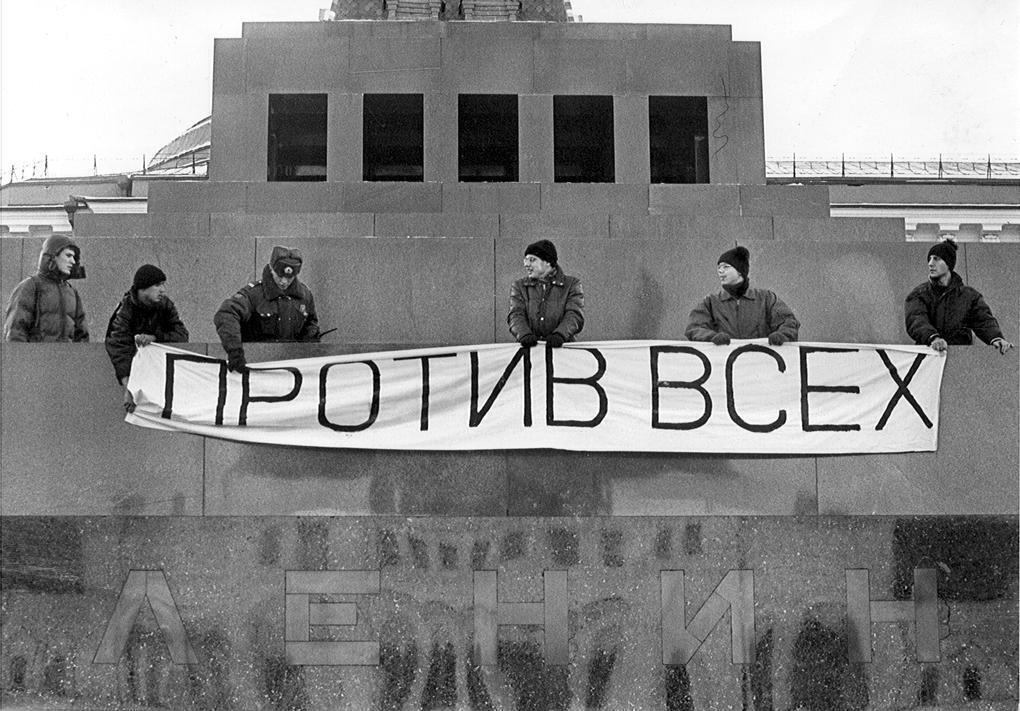Garage Center for Contemporary Culture and Performa present a major new collaborative project entitled 33 Fragments of Russian Performance as part of Performa 11, the fourth edition of the new visual art performance biennial in New York City (1–21 November), on view 2 to 23 November 2011.
The exhibition will include performance archives, photographs and videos documenting Russian performance in both the historical avant-garde of the 1920s and contemporary periods. Presented at the Performa Hub and curated by Garage curator Yulia Aksenova in collaboration with Performa Founding Director and Curator RoseLee Goldberg, the exhibition will also include a lecture by renowned Russian art critic Alexandra Obukhova and a performance by Andrey Kuzkin.
33 Fragments will explore the rich tradition of performance in Russia and its development during the 20th and 21st centuries. Performance art, or ‘live’ art, emerged strongly in the Russian art scene of the 1960s, although performance was popular in the projects of the avant-garde at the beginning of the 20th century. The avant-garde artists of the 1920s were pioneers who created entirely new means for articulating ideas to reach the mass public emancipated by the revolution. Using experimental techniques and mixing genres, they sought to release their works from the constraints of traditional, established artistic media, focusing instead on their bodies within time and space.
Presented in two parts; the first section will trace the early development of performance with documentation from visionary early Russian performance artists Mikhail Larionov, Ilya Zdanevich, Mikhail Matyushin, Alexey Kruchenykh, Nina Kogan, Valentin Parnakh, Vera Maya, Nikolai Forreger, Arseniy Avramov, Vsevolod Meyerhold, Sergey Eisenstein and others. The second part will be devoted to performance’s resurgence in the politically turbulent 1960s and 1970s and follows the genre’s evolution into its current form in the 21st century. The exhibition illustrates the crucial position of performance and its discourses for non-official, underground movements, notably Moscow Conceptualism, Sots Art and their key protagonists: Collective Actions and Komar and Melamid. 33 Fragments documents performance’s changing tactics, from ‘New Wave’s mocking sarcasm to the anarchic gestures of Moscow Actionism, to finally present its most vocal current practitioners: Elena Kovylina, Andrei Kuzkin, Liza Morozova and others.
Presenting Russian performance in all its diversity, the exhibition demonstrates the integral role it has played in the country’s artistic development and the crucial means for freedom of speech it has offered in a century marked by political repression and censorship. Performance in Russia became an essential vehicle for engaging with a multitude of discourses in art, politics and society at the most critical moments in Russian history. This has persisted into the 21st century as a new generation of performance artists continues to tackle issues at the core of contemporary Russian society.
